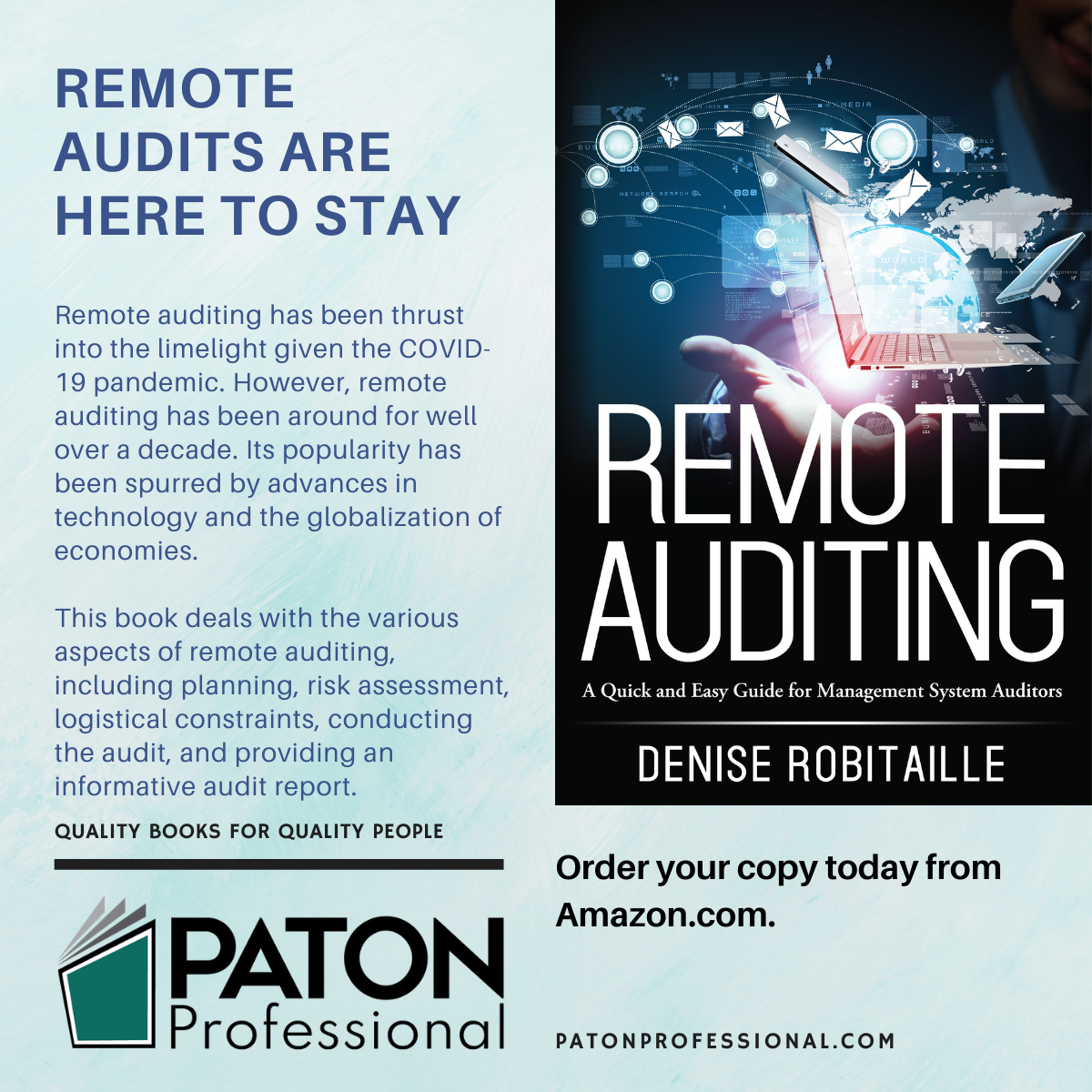A joint IAF-ILAC-ISO survey of more than 4,000 participants reveals that a large majority of respondents prefer remote or blended audits, assessments, and evaluations, feel that remote activities provide as much confidence as on-site, and would like to see continued or increased use of remote activities in the future.
The COVID-19 pandemic forced many organizations to use remote or blended audits for the first time. As a result, many have been wondering about the future of remote and blended audits. Are they here to stay?
In August 2021, IAF, ILAC, and ISO concluded a joint survey that sought to answer this question.
The survey received 4,350 responses, including from those who were both subject to, and deliver remote audits, assessments, and evaluations. In addition to providing a snapshot of attitudes toward remote techniques, the survey received hundreds of suggestions, ideas, and proposals from users, auditors, assessors, and other people who have been subject to or delivered remote audits, assessments, and evaluations.
Respondents saw many benefits to the use of remote activities:
• Maintenance of status of recognition/accreditation/certification: 98% felt remote activities were beneficial or somewhat beneficial
• Reduced travel time and costs: 96%
• Reduced travel risk: 95%
• Reduced environmental footprint: 95%
• Efficient use of personnel being audited/assessed/evaluated: 87%
• Opportunity for witness activities in one or more sites/facilities: 82.5%
• Keeping to strict time/schedule of the audit/assessment/evaluation plan: 82%
Survey respondents strongly favored the continued use and the effectiveness of remote and blended audits:
• 79% said that they would like to see blended (remote and on-site) or remote procedures used
• 80% agreed that remote procedures give the same confidence as on-site audits
• 91.5% felt that a substantial increase in remote techniques will stimulate the use of new processes
• 97.5% agreed to some extent that new technologies and alternative techniques should be used.
“The survey indicates a huge level of support for remote techniques, a clear understanding of the benefits, and a desire to see these methods adopted more widely,” said Xiao Jianhua, IAF chair. “Enthusiasm for new means of delivering audits, assessments, and evaluations is clear, and we will work hard to continue to evolve the support for all those who use and benefit from certification, accreditation, and standards.”
Respondents also provided hundreds of comments on how to reap the benefits of remote activities, including:
• 37% of respondents believe that current rules (including international standards, IAF, and ILAC procedures) should be modified to better accommodate remote techniques
• 53% of respondents felt that the preparation was, to some extent, more difficult and time-consuming with remote.
• It was also clear that internet connectivity and IT security need to be adequately addressed to deliver confidence and reliable results from remote activities.
All three organizations involved in the survey plan to use the responses to plan for the future. “In the coming months, on the basis of the result of this survey, IAF, ILAC and ISO, each in their own role and jointly as appropriate, will further analyse the results and consider the steps necessary, including stakeholder input, to incorporate the outcomes in the relevant documents and processes as the world moves to a ‘new normal’ as a result of the COVID-19 pandemic,” states IAF on its website.
You can view the survey summary from the IAF site here: https://iaf.nu/wp-content/uploads/2021/10/Summary-Report-IAF-ILAC-ISO-Remote-Survey.pdf






